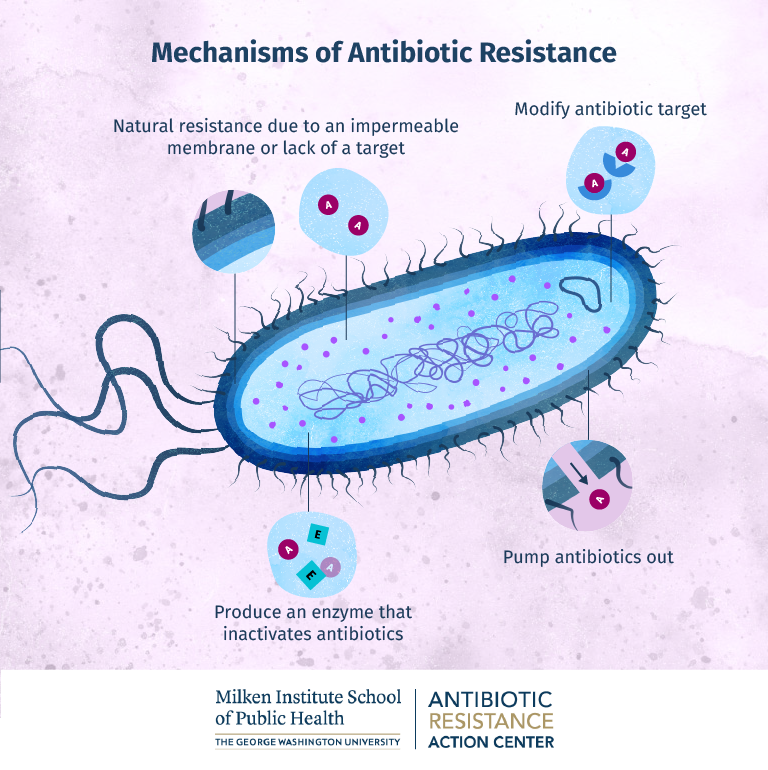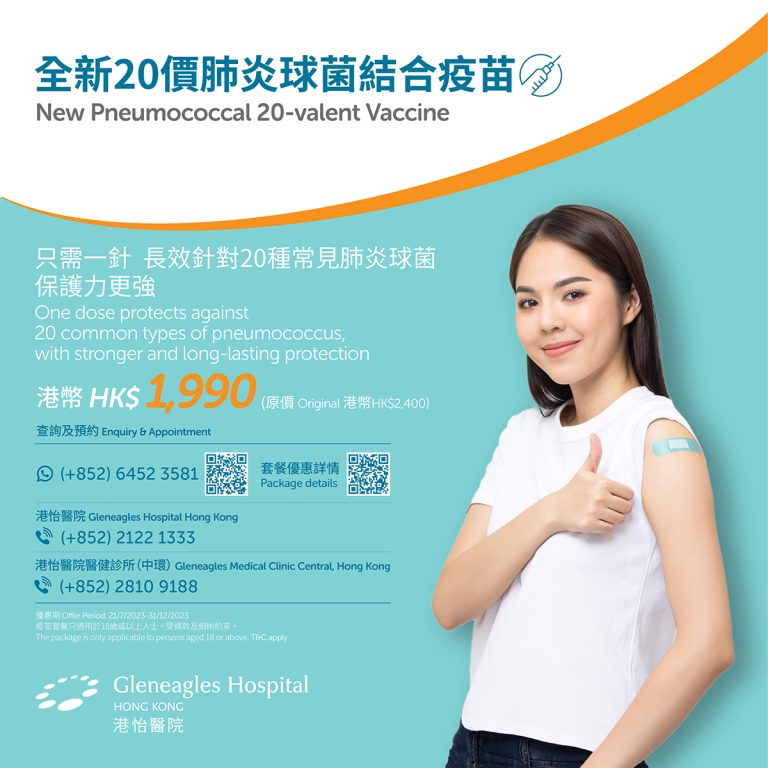In recent weeks, Hong Kong has been alerted to an imported case of measles involving a 29-year-old female who had traveled to the Philippines. This case has prompted health officials to emphasize the critical importance of vaccinations, particularly for individuals planning to travel to areas experiencing ongoing outbreaks of this highly contagious disease.
Upon her return to Hong Kong, the woman exhibited symptoms consistent with measles, which led her to seek medical attention. Subsequent testing confirmed the presence of the measles virus, categorizing her case as imported due to her travel history. Notably, she had no known contact with other measles patients while in Hong Kong, underscoring the risks associated with international travel.
In response to this case, the Centre for Health Protection (CHP) initiated a thorough public health investigation. This included contact tracing efforts in schools and a residential care home where the individual worked during the communicable period. Fortunately, assessments revealed that none of the contacts were identified as high risk or symptomatic, which is a relief given the potential for rapid transmission of measles in communal settings.
The CHP has taken this opportunity to remind the public about the importance of measles vaccination. With the rise in measles cases globally, attributed largely to declining vaccination rates, it is crucial for travelers to ensure they are adequately protected before embarking on international trips. The measles virus can spread easily, and those who are unvaccinated or have incomplete vaccination histories are particularly vulnerable.
For individuals born before 1967, there is generally a presumption of immunity due to natural infection. However, for those born in or after 1967, it is essential to have completed two doses of the measles vaccine to ensure adequate protection. The CHP advises anyone unsure of their vaccination status to consult a healthcare provider, especially before traveling to regions where measles is endemic.
In addition to vaccination, the CHP has outlined several hygiene measures that can help prevent the spread of infection. These include maintaining good personal and environmental hygiene, practicing proper handwashing, covering coughs and sneezes, and regularly cleaning toys and furniture. Such practices are vital in reducing the risk of transmission, particularly in settings where individuals may congregate.
The article also highlights the importance of recognizing the symptoms of measles, which include high fever, cough, runny nose, and a characteristic rash. Individuals exhibiting these symptoms are advised to take precautions, such as wearing masks, staying home, and avoiding crowded places. It is also crucial for them to inform healthcare workers of any potential exposure to measles, ensuring that appropriate measures can be taken to prevent further spread.
Hong Kong boasts a high overall immunization coverage through its Childhood Immunisation Programme, which has successfully protected the majority of the population against measles. However, the city’s high volume of international travel presents a unique challenge, as it increases the risk of imported cases and potential local outbreaks. Groups that may be at higher risk include non-locally born individuals who may not have completed their vaccinations.
The recent measles case serves as a stark reminder of the importance of vaccination and public health vigilance. As the world continues to grapple with the resurgence of vaccine-preventable diseases, it is imperative for individuals to take proactive steps to protect themselves and their communities. The CHP encourages everyone to stay informed about measles and other infectious diseases, particularly when planning travel.
For more information on measles, vaccination recommendations, and travel health advice, the public is directed to the CHP’s measles thematic page and the Department of Health’s Travel Health Service website. By staying informed and taking the necessary precautions, we can work together to prevent the spread of measles and protect public health.












